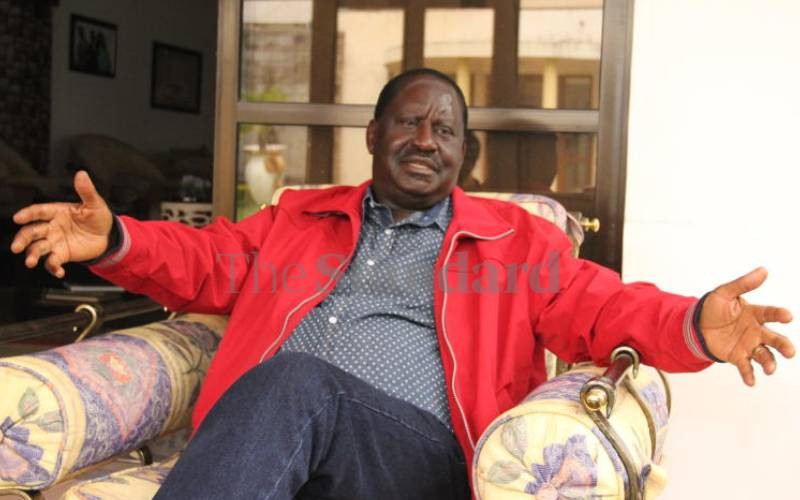×
The Standard e-Paper
Fearless, Trusted News

As far as indispensable politicians go, Raila Odinga is right up there with the best of them.
His contributions to the betterment of Kenya as a champion of democratic ideals, a fierce advocate for constitutional reforms, and a visionary political structures developer are as innumerable as they are indisputable.